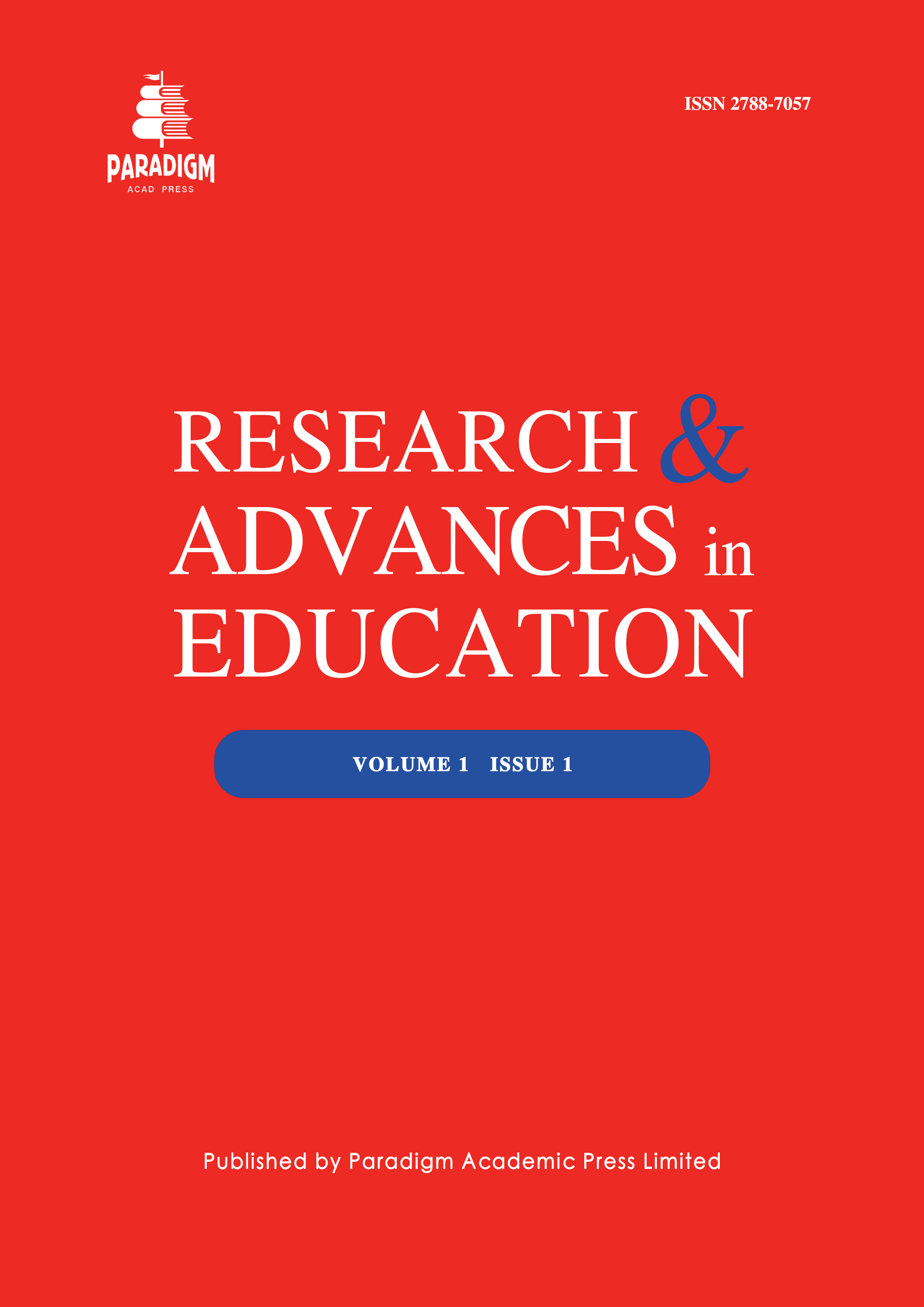Culturally Reflective Practice: An Alternative Framework to Culturally Appropriate Practice in Early Childhood Education in New Zealand
Keywords:
culturally appropriate practice, culturally reflective practice, early childhood education (ECE), Te Whāriki (New Zealand’s national ECE curriculum), decontextualization, democratic ECE system, neoliberalism, empowermentAbstract
This paper critically examines the adoption and implications of culturally appropriate and reflective practices in New Zealand early childhood education (ECE). Using the national ECE framework, Te Whāriki, as a case study, this analysis highlights the limitations of culturally appropriate practices in addressing systemic decontextualization issues. It proposes culturally reflective practices as a more comprehensive alternative. By integrating universal minimum standards of human and children’s rights with local cultural contexts, culturally reflective practices challenge dominant discourses and promote a democratic ECE system. This paper further explores the necessity of incorporating culturally sensitive and sustaining pedagogies in teacher education to foster a reflective practice that transcends mere cultural appropriateness.


